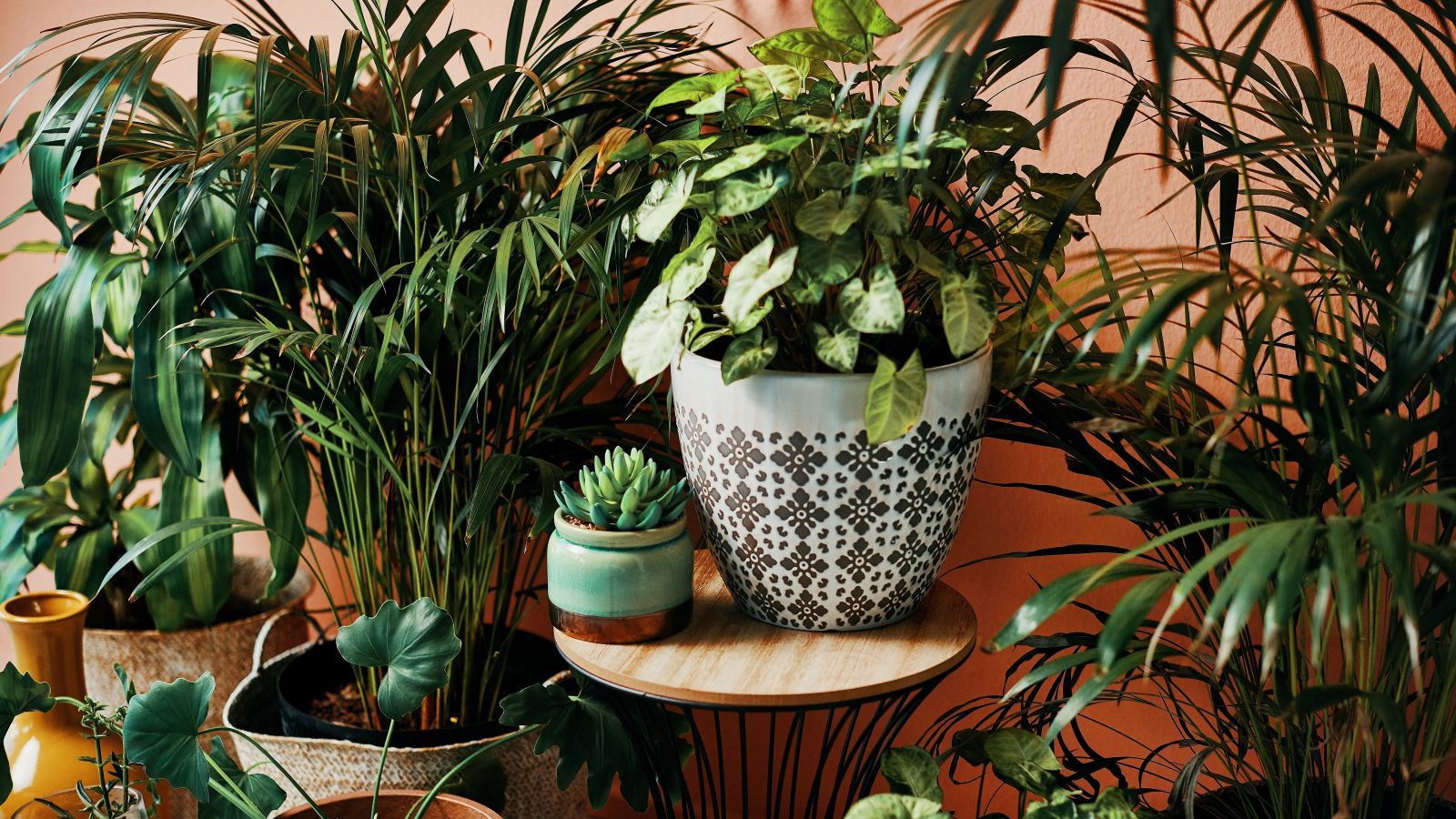We all know a well-placed house plant is good for décor. But there’s an even better reason to up your botanical budget: House plants are good for your health.
An expert shares why — and a few plants to start with.
Find a doctor near me
Some plants are mini air purifiers.
This news first broke back in the ‘80s with a famous study by NASA (yes, that NASA), and has been backed by other studies since.
“Research suggests that certain house plants, like peace lilies and pothos, can remove indoor air pollutants like benzene, formaldehyde and trichloroethylene,” says Christelle Nimba, APRN, a health expert with Hartford HealthCare Medical Group in Trumbull.
How effective is this? It depends who you ask. Some researchers say it’d take upwards of 100 plants for every 10 square feet to make a real dent in indoor air pollution. So you may need to move some furniture.
> Related: Top 10 Houseplants That Fight Indoor Air Pollution, Toxins
They help regulate your home’s humidity level.
Consider it nature’s two-for-one special: a humidifier and dehumidifier in one.
Plants absorb water from their surroundings, which helps remove excess moisture from a room. They also release water as vapor, which helps keep things balanced — not too humid, not too dry. That’s good for you in more than a few ways.
“Through this process, house plants may help to alleviate dry skin, throat irritation and respiratory issues, especially in winter months,” says Nimba.
4 ways house plants help your mood and attention.
“Some plants can improve air quality. Others, like fiddle-leaf fig, primarily offer psychological benefits,” says Nimba.
Those psychological benefits include:
- Reducing stress
- Boosting mood and energy
- Improving concentration and memory
- Increasing productivity
Skeptical? All the above have evidence-based research behind them.
“One study found that patients recovering from surgery had improved recovery rates when they were surrounded by plants. Other research shows that when we share our space with at least a few plants, work productivity goes up, and absenteeism goes down,” says Nimba.
There’s a reason we find plants reassuring.
How could a few humble house plants make you a calmer, happier, more productive person?
Consider the fact that, for many thousands of years, humans primarily lived outdoors.
“One theory, biophilia, posits that humans have an innate connection to nature — and that house plants can fulfill that need, enhancing our emotional well-being,” says Nimba.
A growing body of research supports this. Whatever the specifics, it seems that exposure to nature — from looking out a window to, say, adopting a house plant — has positive effects on the brain.
New to indoor gardening? Consider these 4 house plants.
Know your goals. Are you focused on air quality, or on feeling a sense of pleasure when you look around?
Consider:
- Peace lily: ”I like peace lilies because they can remove common household toxins and improve a room’s humidity, while still being pretty to look at,” says Nimba.
- Pothos: “Pothos is effective at removing toxins and improving air quality — and it’s renowned for being low-maintenance,” says Nimba.
- Fiddle leaf fig: “Personally, I think fiddle leaf figs are great for their visual appeal. They uplift any indoor space,” says Nimba.
- Snake plant: “Its spiky form is eye-catching. Plus, because it’s a succulent, you can go weeks without having to water it,” says Nimba.
No need to choose just one, though. When it comes to house plants, the more, the merrier — and healthier.



